Areas and lines of research
The R+D+i work carried out by BioKeralty is carried out thanks to its participation in projects at a national and international level in collaboration with various strategic partners and entities. Our research work encompasses a wide variety of areas within which different lines of research and projects can be identified.
Regenerative medicine
Regenerative medicine is an interdisciplinary field focused on the repair, regeneration or replacement of damaged tissues and organs to restore their normal function. The repair of these organs and tissues is possible thanks to the stimulation of body’s own cells or replacing them by other artificial cells created though tissue engineering.
Following the example of other areas in which BioKeralty works, it is also essential to establish technological alliances with different leading national and international public and private agents in the field of regenerative medicine in order to transfer the results obtained to clinical practice.
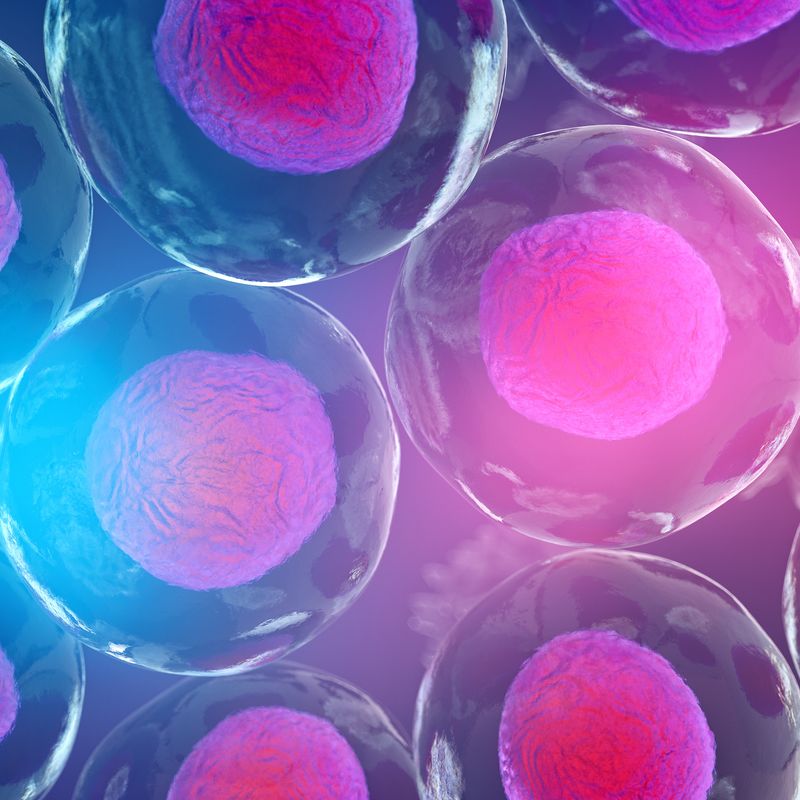
Research areas and projects:
Line 1 – Regeneration of chronic wounds
In the field of chronic wound regeneration, BioKeralty has been centered in the development of micro and nanoformulations with growth factors, especially with epidermal growth factor (EGF). The new developed formulations make possible a controlled and sustained release of encapsulated growth factors and have shown efficacy in vitro and in vivo using a lower dose in comparison to the growth factor in its free state. This dose reduction makes possible to decrease significantly the toxicity of the encapsulated drug.
About its efficacy, its capacity to promote wound healing has been evidenced, obtaining a closure rate and healing quality higher than the free growth factor. On the other hand, these nanoformulations have also been used to functionalize bioengineered cornea and skin, allowing to shorten production times (a fundamental aspect in the treatment of large burns).
The intellectual property of these developments is protected by EP 3023105 / WO 2015/001163 patents approved in Spain, Italy, France, Germany, United Kingdom, Turkey, Russia, Japan and the United States.
The projects developed under this line of research are:
- Nanoplatform Project (ELKARTEK): focused on the development of a nanotechnological platform for its application in the biomedical field.
- Nanogrow Project (HAZITEK): development of innovative and effective tissue substitutes based on combined technologies of cell therapy, nanotechnology and additive manufacturing.
- Nanogrow Project (RETO): aimed at the discovery of innovative and effective bioengineered cornea substitutes based on combined cell therapy and nanotechnology technologies.
- NanoGSkin Project (EURONANOMED): focused on the cross-sectional tissue engineering and nanomedicine approach to improve chronic wound therapy.
Line 2 – Gene therapy
Gene therapy is focused on the research and development of new genomic editing techniques based on TALENs (Transcription Activator-Like Effector Nucleases) and viral transfection for the treatment or cure of genetic diseases. In this way, gene therapy allows to restore the function of mutated genes repairing, blocking or inhibiting the genes involved in the development of a disease.
The projects developed in this line of research are:
- Stop-AIDS Project (RETO): development of new genomic engineering tools for the treatment of HIV-1 / AIDS infection. Through the application of new genomic editing and viral transfection techniques, it is being evaluated the safety and preclinical efficacy in the treatment of AIDS.
- BG-17 (ELKARTEK): collaborative research focused on prevention, diagnosis, research and new therapeutic lines for rare diseases in the context of the Basque Country.
- “Rare diseases": rare or infrequent disease are referred to those diseases that have a low prevalence in the population, affecting less than 5 individuals per 10,000 people. Despite the low prevalence, these diseases affect a large number of people, since, according to the World Health Organization (WHO), these pathologies affect 7% of the world population.
- TAT-CF (H2020): research that seeks to identify therapeutic approaches for the treatment of cystic fibrosis using small transmembrane anion transporter molecules.
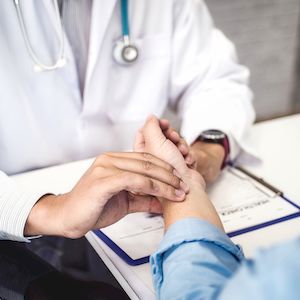 Primary care
Primary care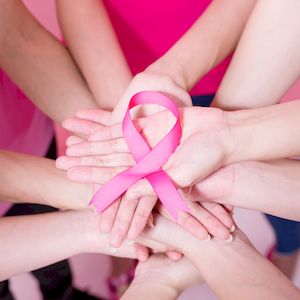 Cancer
Cancer Chronic and neurodegenerative diseases
Chronic and neurodegenerative diseases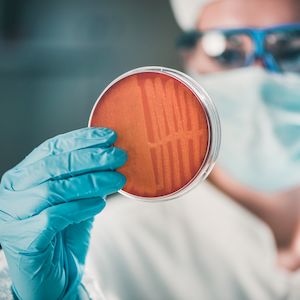 Infectious diseases
Infectious diseases E-health
E-health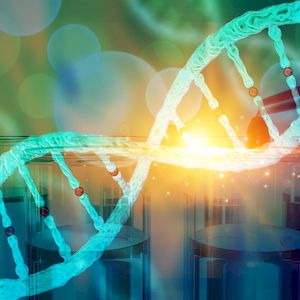 Genomics and personalized
medicine
Genomics and personalized
medicine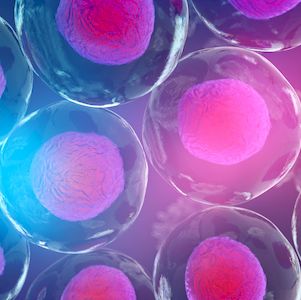 Regenerative medicine
Regenerative medicine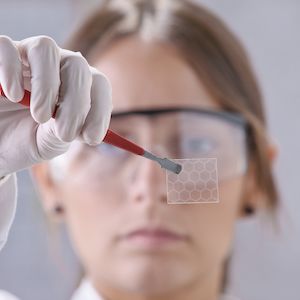 Nanotechnology
Nanotechnology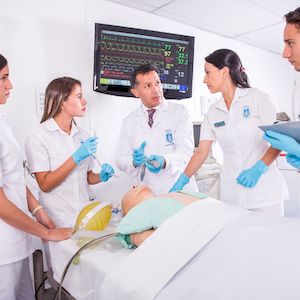 Education
Education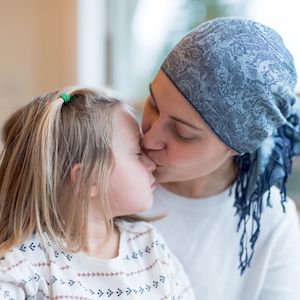 Community
Community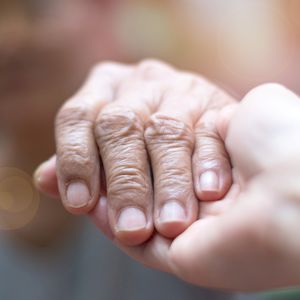 Social
Social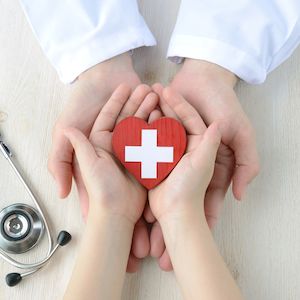 Health value
Health value